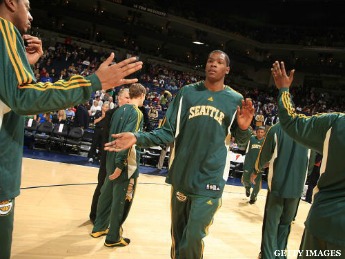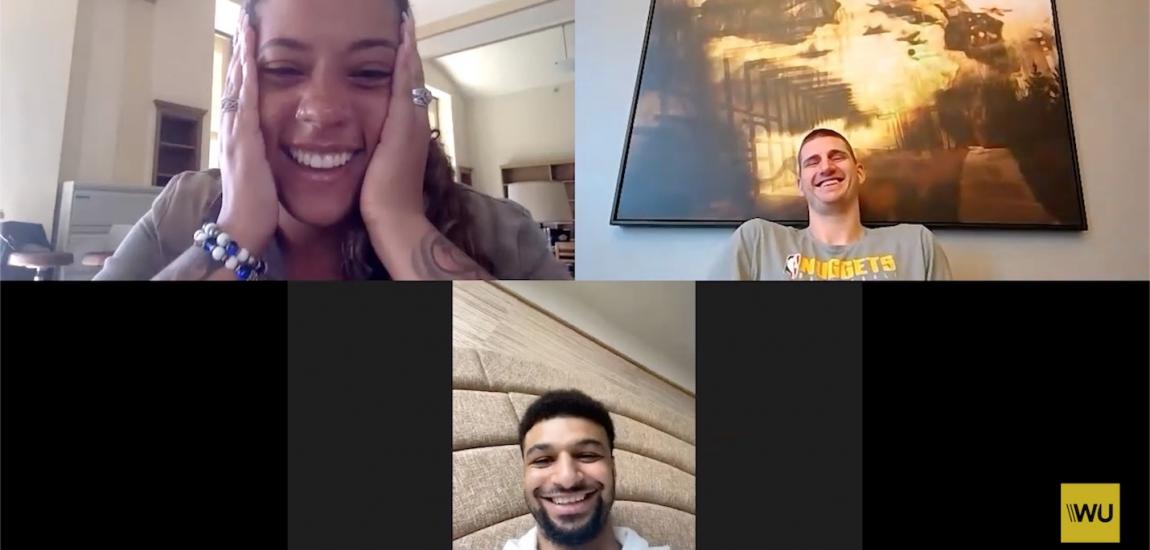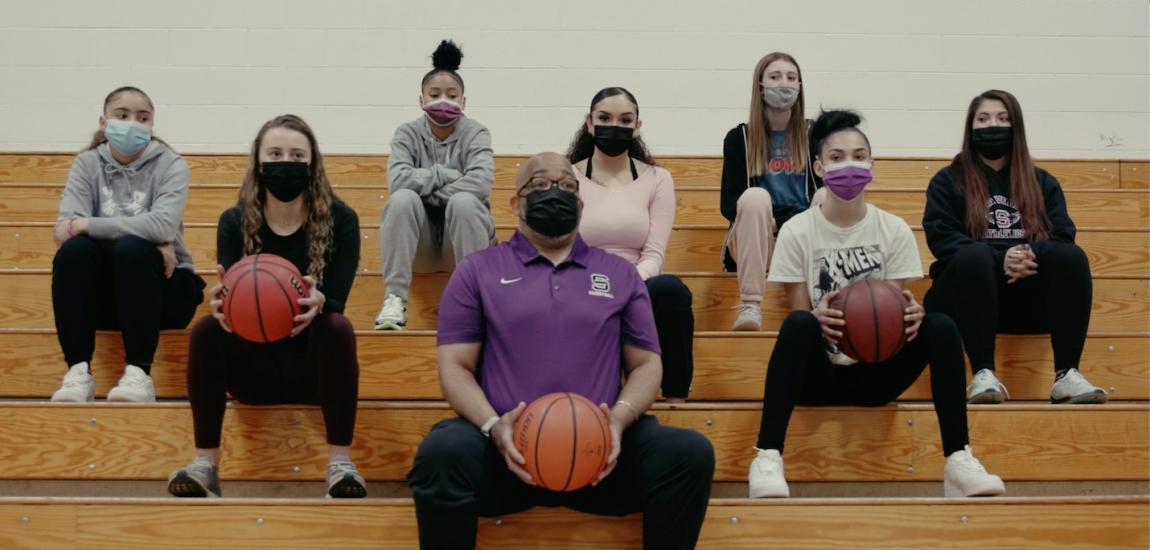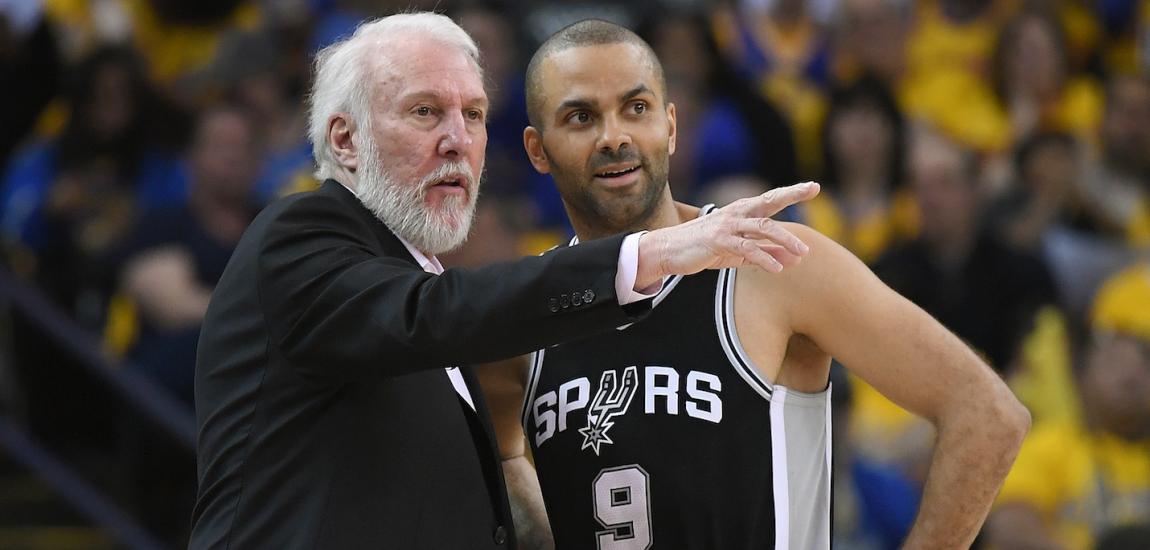
For years, teams will claim to be part of the civic fabric of an area when they ask for fan loyalty. They want the support of their fans in losing days and winning ones alike. They advertise themselves as "your Sacramento Kings" in an effort to have parents hand down a heritage of passion for a franchise to their children. They encourage fans to buy everything from T-shirts to mugs to show that they're true fans.
And then they move?
Franchises in professional sports are purchased by owners with the understanding that the league subjects them to rules and restrictions. They share national television revenue equally, notwithstanding the size of the market, which is hardly a free enterprise concept. There are rules governing trades and player acquisition. And they specifically agree to be bound by restrictions on franchise movement for "the good of the sport".
If a franchise has fielded quality teams and marketed well and they are stuck in a market that simply will not support the team, or if they are playing in a substandard facility, the case can be made that they ought to be able to move to a region that really wants them.
But to allow teams to abandon areas which have loyally supported them so an owner can make a windfall profit is another matter: Every time a franchise moves it sets off a destructive ripple effect.
I grew up loving the Los Angeles Dodgers, but we did not need to rip that team from the heart of loyal Brooklyn fans who loved them. In the 1950's we would have been thrilled with an expansion team, as would San Francisco instead of taking the Giants from New York. The Colts left Baltimore, demoralizing those fans. The St. Louis Cardinals went to Phoenix, which had the same effect on that city. When the NFL expanded in 1995, Baltimore and St. Louis were turned down for franchises. Instead, Carolina, the 25th largest market, and Jacksonville, the 50th, received teams. I led the committee to "Save the Rams" and we lost them to St. Louis and have not had a team since, and Cleveland stunned its loyal fans by moving to Baltimore.
In 1967, Seattle was granted an NBA expansion team, the SuperSonics. They were loyally supported for years and had great success. After the 2007-08 season that franchise left and went to Oklahoma City. That was unfair to Seattle, and I counseled supporters in how to fight to save them. The Sacramento Kings have sold out 19 of 27 seasons and own two of the longest sellout streaks in NBA history. A group in Seattle led by billionaires Chris Hansen and Steve Ballmer has made a substantial offer to the Maloofs to buy and move the Kings. Software magnate Vivek Ranadive has put together a package to keep the team in Sacramento.
Sacramento Mayor Kevin Johnson led a spirited fight and convinced a committee of NBA owners earlier this week to reject the Seattle bid. A final vote by all the owners is expected too. Commissioners and owners need to take a stand for the fans of franchises and only permit moves under extreme circumstances. Seattle never should have lost its franchise in the first place, and deserves another, just not Sacramento's. Enough broken hearts.
-- Leigh Steinberg has represented many of the most successful athletes and coaches in football, basketball, baseball, hockey, boxing and golf, including the first overall pick in the NFL draft an unprecedented eight times, among more than 60 first-round selections. His clients have included Hall of Fame quarterbacks Steve Young, Troy Aikman and Warren Moon, and he served as the inspiration for the movie "Jerry Maguire." Follow him on Twitter @SteinbergSports.




